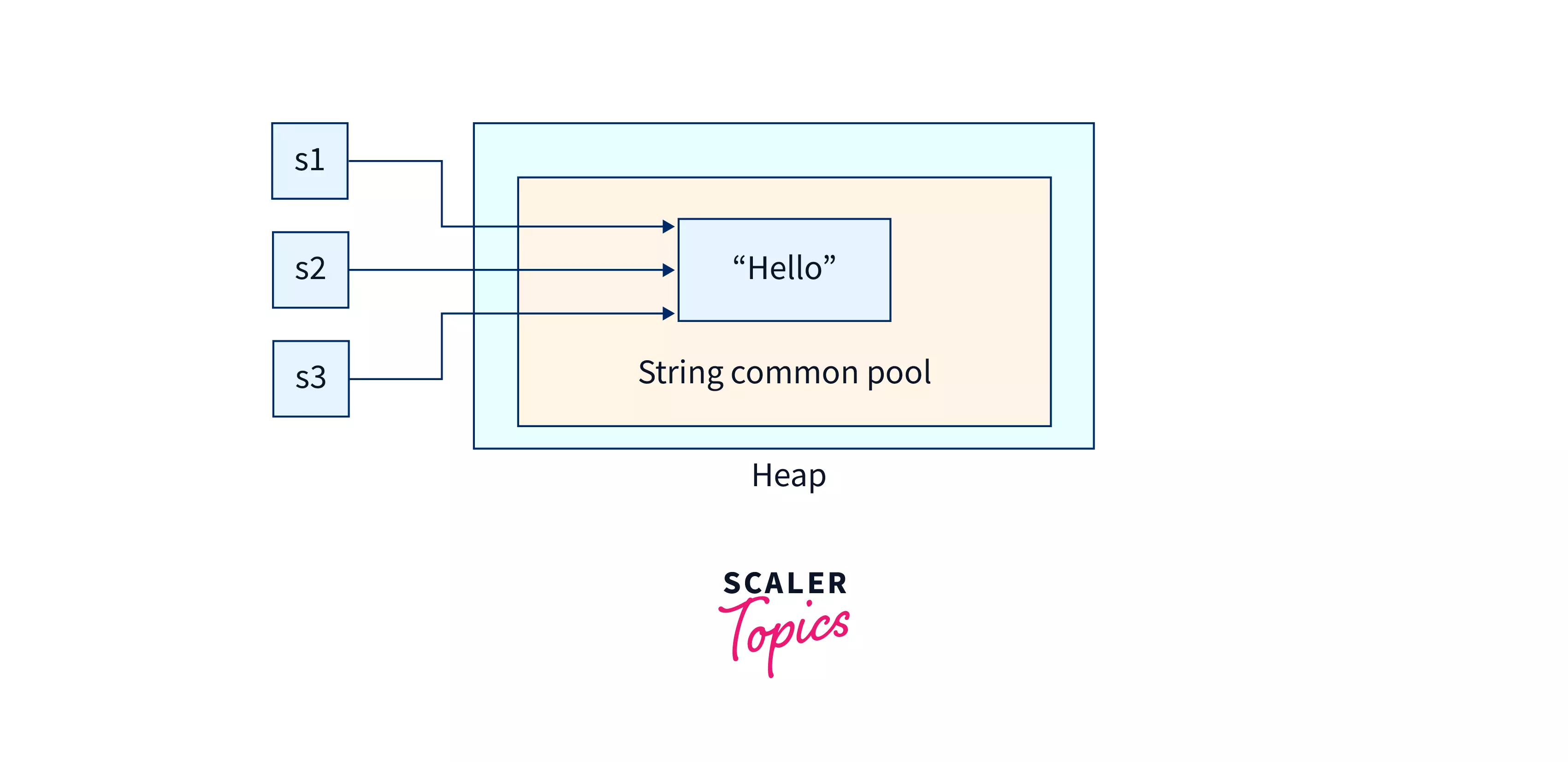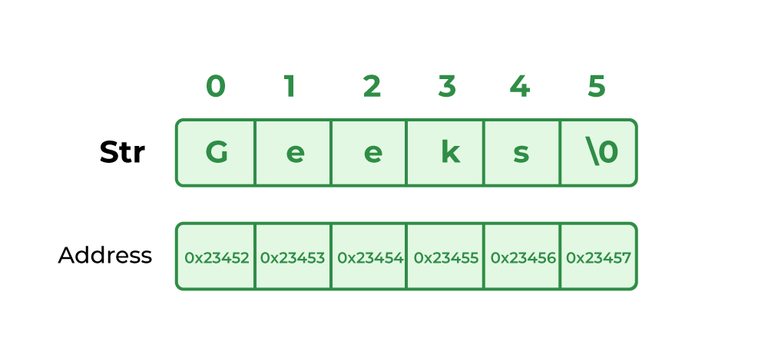Why Are Strings Immutable in Java? Necessary Knowledge for Designers
Why Are Strings Immutable in Java? Necessary Knowledge for Designers
Blog Article
Unalterable Strings: A Trick Element in Ensuring Information Consistency and Integrity
In the world of information administration, the importance of immutable strings can not be overstated. These constant series of characters play a crucial duty in supporting the stability and precision of details within systems. By maintaining a state of immutability, data consistency is made certain, fostering a foundation of dependability whereupon important processes rely. The concept of unalterable strings transcends mere triviality; it is a cornerstone in the complex internet of information governance. As we explore the benefits, application strategies, and sensible applications of immutable strings, a clearer picture arises of their vital nature in safeguarding the digital landscape.
The Concept of Unalterable Strings
Unalterable strings, a fundamental principle in programs, refer to strings that can not be modified as soon as they are created. Essentially, as soon as a string value is designated, any type of operation that appears to customize the string in fact creates a new string. This immutability makes sure information consistency and integrity in applications, as it prevents unforeseen changes to the initial information.
Advantages in Information Consistency

Information consistency is vital in different aspects of software application development, including database management, multi-threaded atmospheres, and distributed systems (Why are strings immutable in Java?). Immutable strings add considerably to attaining this uniformity by preventing information corruption as a result of simultaneous gain access to. In circumstances where several procedures or threads interact with the same data all at once, immutable strings work as a secure versus race conditions and synchronization problems
Moreover, the immutability of strings streamlines debugging and screening processes. With immutable strings, developers can trust that as soon as a string is set, it will certainly continue to be unmodified, making it much easier to trace the source of mistakes and making certain that test situations create constant results. This integrity in information managing inevitably results in a lot more durable and secure applications.

Applying Immutable Strings
Ensuring the immutability of strings calls for a thoughtful strategy to their application in software application growth. One essential approach is to make string classes in a manner that protects against modifications when a string object is produced. By making strings immutable, developers can boost data consistency and reliability in their applications.
To carry out immutable strings successfully, designers must prefer producing brand-new string items as opposed to customizing existing ones. This technique ensures that when a string is assigned a value, it can not be changed. Furthermore, any procedure that appears to modify the string needs to develop a new string with the wanted adjustments as opposed to altering the original.
Furthermore, making use of immutable strings can streamline concurrency administration in multi-threaded environments. Since unalterable strings can not be transformed after development, they can be safely shared among multiple strings without the danger of data corruption.
Function in Dependability Guarantee
In software advancement, the application of unalterable strings plays a vital function in guaranteeing the integrity of data procedures. Immutable strings, as soon as developed, can not be customized, making sure that the information they represent remains consistent throughout the application's execution. This immutability residential or commercial property provides a level of guarantee that the information being processed will not be unintentionally altered, causing unforeseen outcomes or errors in the system.
By incorporating unalterable strings into software program style, programmers can enhance the reliability of their applications by minimizing the threats associated with mutable information - Why are strings immutable in Java?. Unalterable strings assist in protecting against data corruption or unplanned alterations, which can be especially important when dealing with delicate information or when information stability is critical
Furthermore, using immutable strings simplifies simultaneous handling, as several threads can securely access and share string data without the risk of one string modifying the material while an additional is reading it. This aspect adds substantially to the general dependability of the software system, making sure regular and predictable habits in information handling procedures.
Applications and System Integration
The smooth assimilation of immutable strings into different applications and systems is essential for making certain durable data consistency and reliability throughout diverse technical environments visit our website - Why are strings immutable in Java?. Immutable strings play a crucial role in enhancing the honesty of data exchanges and interactions within complicated software program communities. By including unalterable strings right into applications, programmers can reduce the dangers related to data tampering, unauthorized adjustments, and inadvertent modifications, consequently strengthening the total safety and security my sources position of the system
In the context of system integration, immutable strings offer as a foundational aspect for establishing safe communication networks and helping with smooth data transfers between different parts. Their unalterable nature guarantees that information sent between systems remains proven and unmodified, reducing the probability of incongruities or errors that could jeopardize the honesty of the whole system. In addition, immutable strings can improve interoperability between inconsonant systems by supplying a standard style for data representation, enabling a lot more reliable data processing and exchange protocols across interconnected platforms. By adopting unalterable strings in applications and system combination procedures, organizations can fortify their data framework and promote the reliability and consistency of their info assets.
Verdict
In conclusion, unalterable strings play a vital role in preserving information uniformity and dependability in various applications and system combinations. By making certain that strings can not be altered once produced, the stability of information is protected, minimizing the danger of mistakes and incongruities. Implementing immutable strings can dramatically enhance the reliability of systems, eventually bring about more reputable and accurate data processing.

Report this page